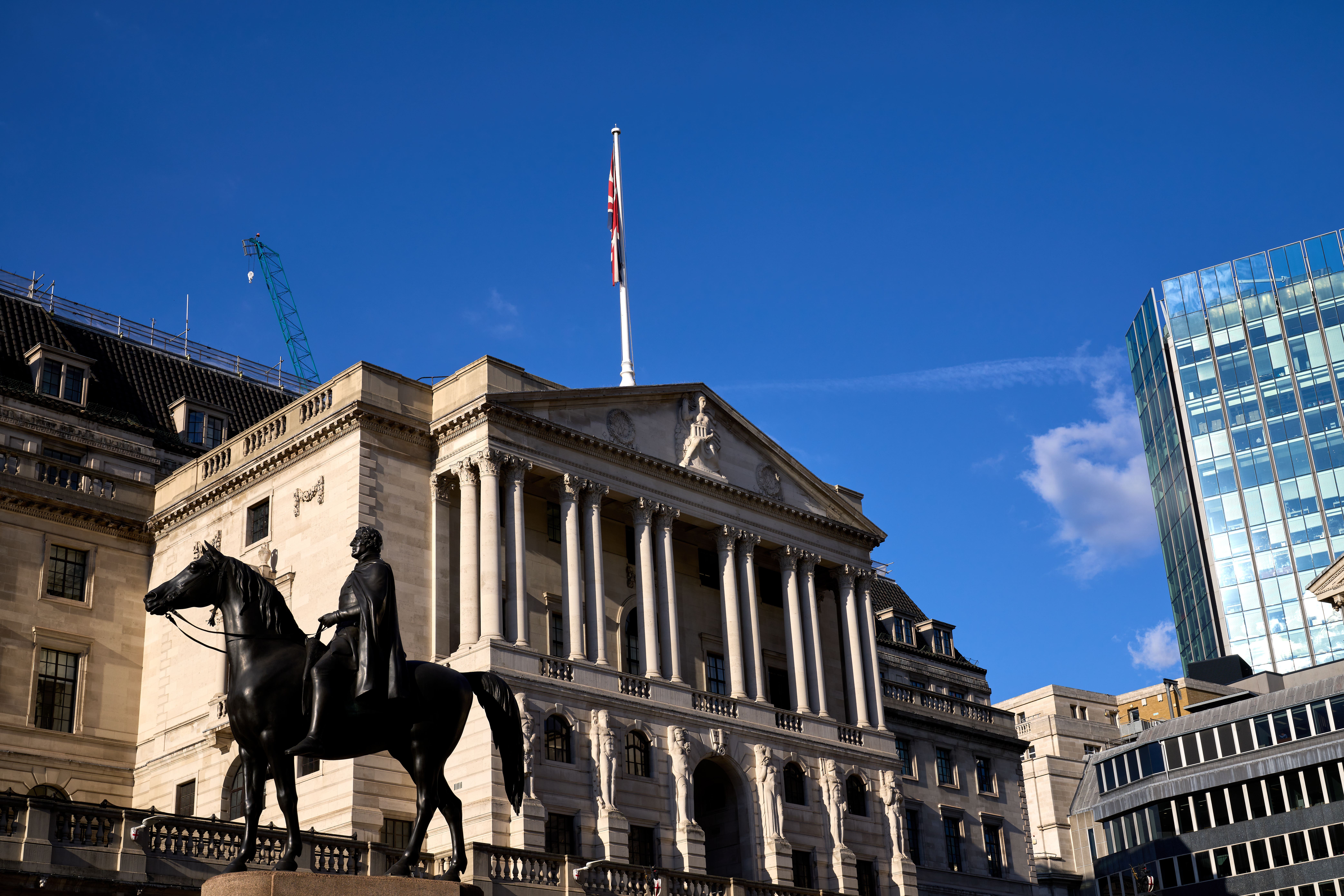After the matinee panto performance of Boris Johnson as Pinocchio in the latest Westminster Palace of Varieties production, the Bank of England brings the nation back to reality with a bump – that is, another upwards bump to the mortgage and credit card bill.
The hike was a bit lower than expected – or feared – at a quarter percentage point to just 4.25 per cent, which if anything betrayed a little nervousness about the course of the real economy and the strains that the banking system is undergoing.
More than usual, and for factors mostly outside the Bank’s control, this is a difficult period in which to judge monetary policy. There are pronounced risks, as they say in central banking circles, to the downside for both prices and unemployment.
On balance, the Bank’s move was probably the correct one, especially given the surprise jump in inflation this week and the successful stabilisation of Credit Suisse. A modest rate rise is thus warranted and safe because, as far as can be judged from the trend in “core” inflation and the labour market, some of the inflation seen recently is more “homegrown”. This is especially true with the pronounced shortage of workers post-pandemic (in which long Covid and early retirement played an unexpectedly large role) and post-Brexit, which removed a ready solution to labour and skills shortages.
Signs of a wage-price spiral getting into the system have to be taken seriously. The Bank’s task of reducing inflation is greatly assisted by the chancellor’s broadly supportive fiscal policy, which is a further welcome change from the chaotic weeks of the Truss-Kwarteng reckless dash for growth. Hence the moderate step up in borrowing costs, and relaxed market reaction. Investors have confidence in those running the economy, which is an asset in itself.
However, the Bank’s task has been complicated unnecessarily by the emergence this year of a secondary, political target for inflation set by Rishi Sunak as part of his attempt to relaunch his administration. “Halving inflation” by around the end of the year – a fairly short period – implies a target of about 5.2 per cent, which must be set against the formal official remit the government has given the Bank of getting inflation down to 2 per cent in the (longer) medium term.
Given that much of the current inflation should fall away as world energy and food costs stabilise, the two targets should be compatible; but if inflation proves persistent, or there is some shock from Ukraine, China or the banking system, then the Sunak target would represent indirect but real interference in policy making by the operationally independent central bank.
The Bank now thinks a technical recession – two successive quarters of contraction – can be avoided in 2023; but that’s where the good news on the real economy ends. A combination of high and rising living costs, below-inflation wage rises, tax hikes and a continuing squeeze on borrowing costs will make life tough for businesses and households alike.
The economy will bump along the bottom this year, and contract slightly overall with – as we saw from the Budget forecast – a cut in living standards. This will be true even with the energy bill subsidies.
If inflation does stay stubbornly high, then interest rates will need to go higher than 5 per cent, and then output, employment market and house prices will feel even sharper pain. That will prove to be an unpromising background for the government as it enters a general election year.
The Monetary Policy Committee (MPC) of the Bank of England is a distinguished group of economists who have been much maligned because, in the popular phrase, “you had one job…” – that is, keeping inflation down to 2 per cent – and they supposedly botched it. This was always unfair, given that so much of the increase in prices in the UK and worldwide has been “imported”, and is a direct result of Vladimir Putin’s war on Ukraine.
The task now is just as difficult: walking two different tightropes. On the one – more traditional and familiar – tightrope MPC need to balance getting inflation down in an orderly fashion, without tipping over into recession and deflation.
The second tightrope is where the committee has to balance the inflation target with its responsibility for financial stability. Raising rates rapidly tends to depress the value of the government bonds that banks hold as reserves and a base for conducting lending business. The collapse of Credit Suisse and Silicon Valley Bank, albeit with distinct characteristics, are reminders that the global financial system is usually more fragile than popularly assumed.
Of the many risks the Bank has to weigh in the balance, the stability of the banks is by far the most chilling – for the simple reason that it may not be possible to launch another state-led rescue of the system as seen in 2008-09.
Behind the reassuringly calm demeanour of the Bank’s governor, Andrew Bailey, lie some worrying-looking spreadsheets.







Join our commenting forum
Join thought-provoking conversations, follow other Independent readers and see their replies
Comments